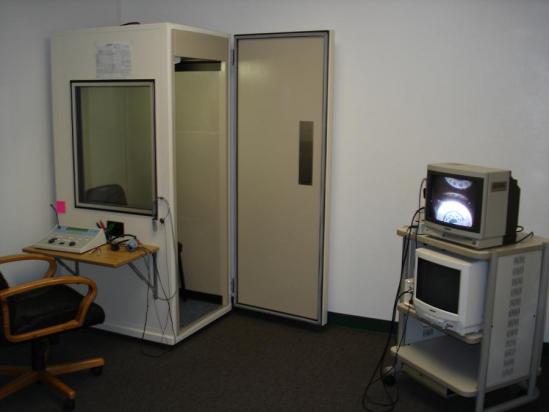Secondary Effects of Hearing Loss

Due to the surreptitious nature of hearing loss, it’s important to have your hearing proactively tested. Photo: Advanced Instruments Hearing Aid Center (2017)
With Eric Stratton of Advanced Instruments Hearing Aid Center
Since hearing loss is a gradual regression, most people who experience it fail to notice the symptoms. In fact, it’s common for those with hearing loss to be in denial about it, blaming their communication issues on the assertion that other people don’t speak clearly or loudly enough.
This highlights one of the great complicating factors of hearing loss: our use of language to communicate. Due to the complexity of verbal interaction (including the wide variety of tonal inflections), sufficient hearing is just as important as clear articulation. If someone speaks to you and you misunderstand even a single word, it can throw off your understanding of the whole conversation. In this regard, while deficient hearing leads to the obvious symptom of having to ask others to repeat themselves, there are several secondary symptoms as well. Some of these include increased irritability, greater incidence of misunderstandings and arguments, increased mental absence, and reduced social engagement.
Considering these secondary symptoms, it’s easy to see how hearing loss can have a detrimental effect on people’s ability to communicate and, by extension, their relationships and social lives. So, if you think you may be experiencing the symptoms of hearing loss, it’s crucial to do something about it sooner than later.
Use Diamond Certified Resource to find top rated companies.
Related Articles
The Essential Guide to Hearing Services
Get Expert Advice From Owners of Top Rated Local Companies
Become a Diamond Certified Preferred Member (Always Free)